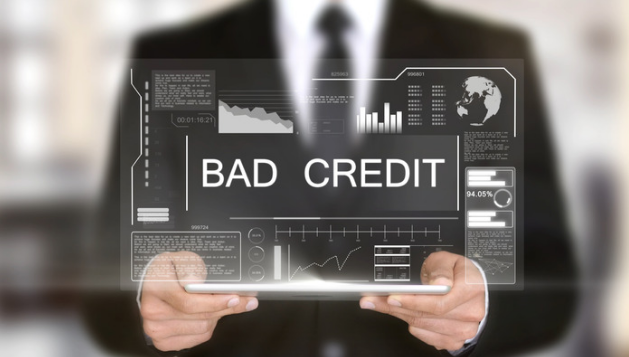Table of Contents
Financial rules are there for a reason, but do you have to follow them, no matter what? There might be some wiggle room in special circumstances.
Many of the biggest financial rules were set in stone long before the COVID-19 pandemic, runaway inflation, and threats of another recession complicated your life. In volatile times like these, you might notice how hard it can be to manage your money in any way, let alone by strict rules. So, give yourself a break; you can temporarily ignore these financial rules in a crisis.
Break in Emergency – Two Financial Rules You Can Ignore Temporarily
1. Not Borrowing with Bad Credit
 Waiting to borrow until you have good credit is a financial rule of thumb that helps you manage the cost of your next cash advance, line of credit, or mortgage. But right now, following it might not be realistic.
Waiting to borrow until you have good credit is a financial rule of thumb that helps you manage the cost of your next cash advance, line of credit, or mortgage. But right now, following it might not be realistic.
Sometimes, improving a low score can take years to pull off. If you’re dealing with an urgent emergency that needs a solution today, raising your credit before you borrow isn’t possible.
Let’s say you run over a screw one day on your way to work. Replacing the tire will cost you a couple of hundred bucks you don’t have. If this vehicle is the only way to get to work and earn a paycheck, you might have to borrow money, even if your score is low.
You can break this rule in an unexpected emergency because you stand to lose more money if you don’t borrow and fix your car.
If you’re wondering where to look when you need money now, hop online. Plenty of online financial institutions offer short term personal loans or lines of credit that may be available with bad credit. If approved, you can use an online loan to repair your tire and move on with your life.
2. Paying Just the Minimum
 Another established financial rule is paying more than the minimum payment on credit cards and line of credit loans.
Another established financial rule is paying more than the minimum payment on credit cards and line of credit loans.
This rule of thumb is in place for several reasons:
- Most credit cards and lines of credit apply interest and finance charges to the balances you carry over from month to month.
- The minimum payment is just a fraction of your total owing, so it guarantees you’ll accrue extra fees on your purchases.
- Between its small payment and the addition of extra fees, you’ll wind up taking longer to pay off debt by only ever making the minimum.
- Carrying over a balance could hurt your credit score further, depending on your lender.
For these reasons, financial advisors recommend you always pay your balance off in full whenever you can. But in an emergency, you can’t always afford to repay what you charge to a line of credit.
Let’s return to that example about your car. If you can’t pay off your new tire by the due date, make sure you can cover the minimum. This will ensure you avoid late fines and keep this account in good standing.
In the meantime, sit down with your budget to figure out how you can pay off your balance as quickly as possible. You might have to sacrifice some fun things for a few months, but your efforts will help you reduce finance charges and free up these limits for a future emergency.
Bottom Line
Some rules are made to be broken, temporarily at least. You can borrow with bad credit and pay just the minimum for a while until you get back on your financial success.

